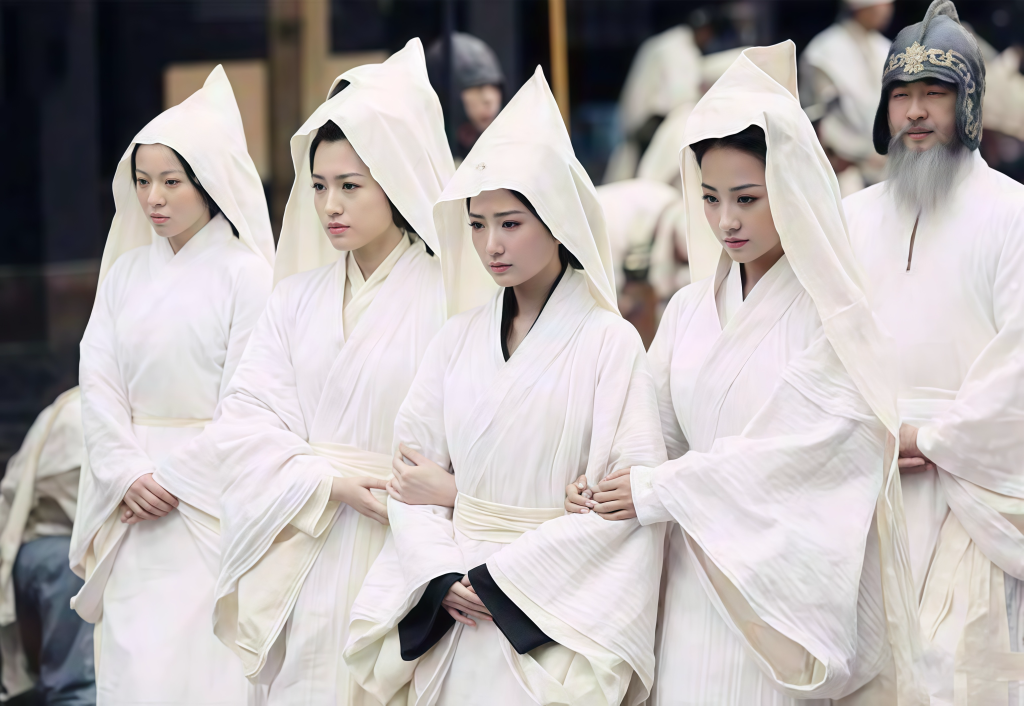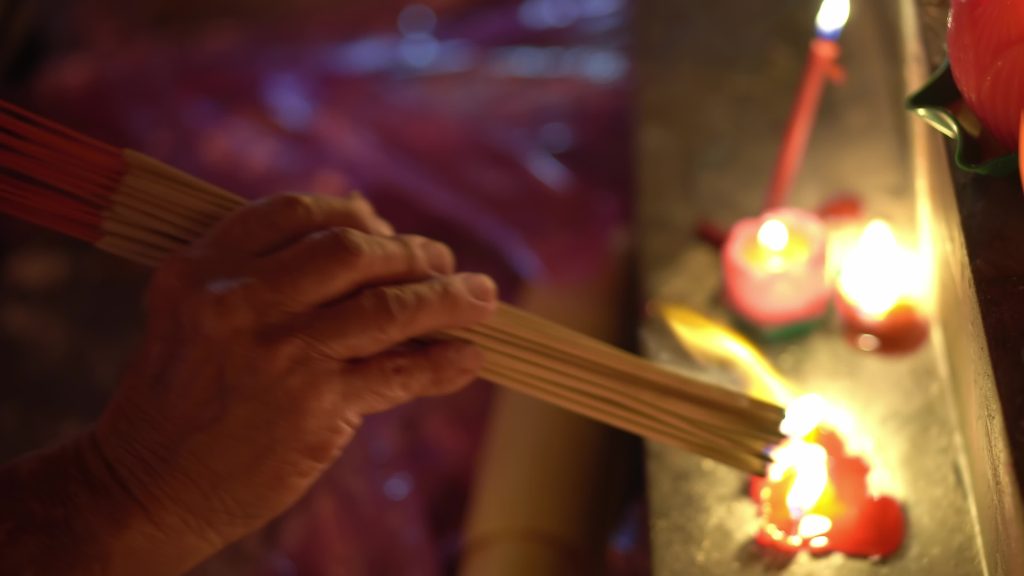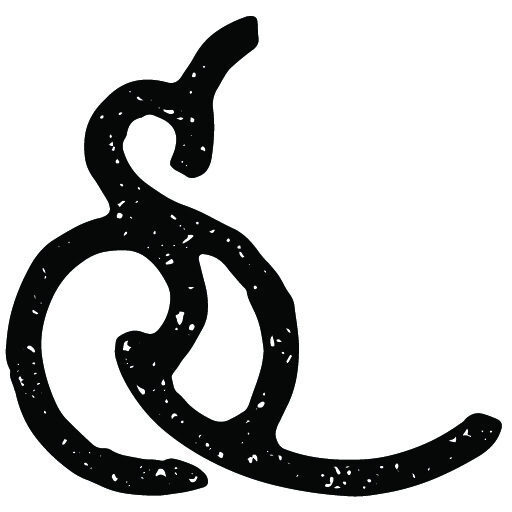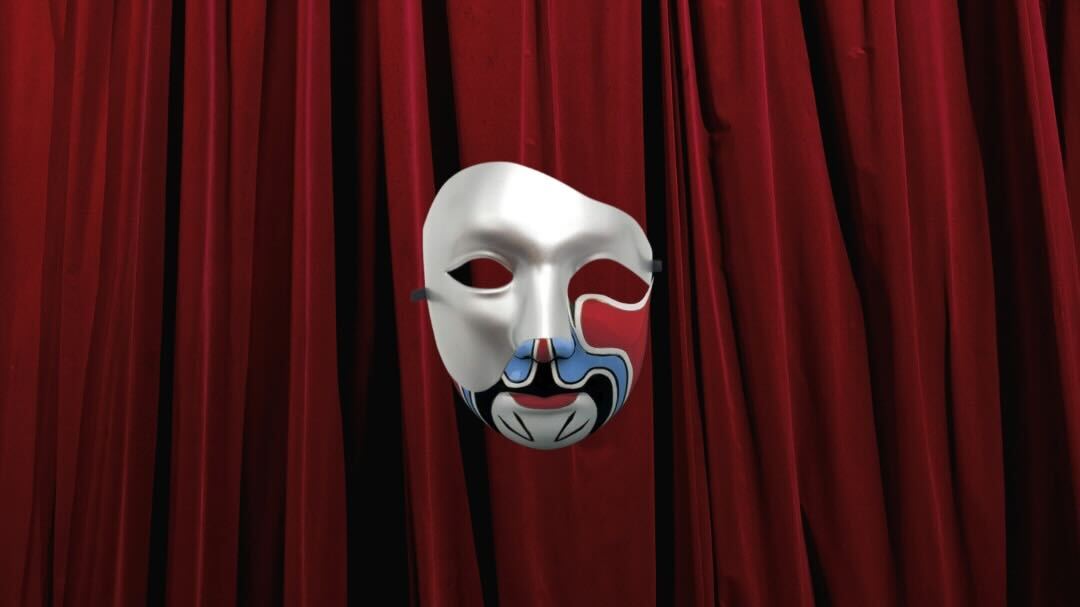This fall, Jenn and I have the pleasure of working with two interns from my Alma Mater, Emerson College; Jess Huang and Nicole Huo. They are helping us with our social media for the next few months while taking classes at Emerson’s Los Angeles campus. Jess and Nicole are both international students from Mainland China. While Jess and I were discussing “spooky” content ideas around theatre superstitions, we started listing the different superstitions between the two cultures. Thank you to Jess and Nicole for compiling this list and creating this article! We hope you find it educating, entertaining, and informative.
-Greg
The intersection of creativity and tradition has long added a mystical dimension to theatre, as well as generating a wealth of beliefs and superstitions. From the ancient Greek amphitheaters to the bustling Broadway stages of today, times have changed, but what hasn’t changed is that actors and actresses have always observed a variety of customs designed to ward off bad luck and seek inspiration.
In this exploration, we will delve into the fascinating world of theatre superstition in two very different cultures: America and China. While they both seek to demonstrate their respective performance cultural heritage on stage, their beliefs and practices reveal some cultural similarities and differences.
As we explore the richness of superstition in American and Chinese theatre, we find both striking similarities and stark differences. The underlying motives – seeking good luck and avoiding bad luck – are universal in the field of performance, despite the different cultural contexts.
In both traditions, actors observe specific rituals and beliefs that reflect their shared desire for the success of the performance.
Rituals Before Performances
- American Theater Superstition: A bad dress rehearsal means the show will be a hit.
- Chinese Theater Superstition: Before filming a new project, a grand opening ceremony is often held.

Another pre-show ritual: the Group Warm-Up
Language Taboo
- American Theater Superstition: A person is never supposed to wish an actor “good luck,” but instead they are supposed to say “Break a leg!”
- Chinese Theater Superstition: In the theater and film industry, actors or crew members often avoid directly saying “thank you” after performing a scene or finishing a shoot, especially on stage.
Color Symbolism
- American Theater Superstition: The color blue is considered unlucky unless countered by wearing silver. The color green is also considered to be unlucky. This is said to date from the time when most performances were given out of doors.
- Chinese Theater Superstition: Actors and crew members avoid wearing all-white or all-black clothing because in Chinese culture, white and black are typically associated with funerals and death, particularly white, which is often seen as a symbol of bad luck.

Mirror superstition
- American Theater Superstition: Mirrors are considered bad luck because they reflect light, which is tricky to place on stage without wreaking havoc with the lighting design of a production.
- Chinese Theater Superstition: In theater and film makeup rooms, mirrors are viewed as supernatural objects, because mirrors are believed to be a medium to another world, potentially attracting bad luck.
Connection to the Supernatural
- American Theater Superstition: When something goes wrong in the theatre, those in the know will point to the ghost of Thespis as the culprit. Ancient Greek sources identify Thespis as the first actor to step out of the chorus and play an actual character.
- Chinese Theater Superstition: When filming supernatural or ghost-themed projects, actors and crew members usually try to avoid directly mentioning “ghost”, but use “good friends” to prevent attracting negative energy.
Performance object
- American Theater Superstition: An actor is never supposed to carry peacock feathers on stage because the superstition is inspired by the pattern on the feather that, to many, looks like an evil eye.
- Chinese Theater Superstition: Old items are traditionally associated with “old energy” or “inauspicious,” so using old props can sometimes be seen as unlucky. People try to avoid using damaged, old, or items that carry unfortunate memories.
Although American and Chinese theatre superstitions share many similarities in the pursuit of good luck and the avoidance of bad luck, they differ significantly in their specific practices and beliefs. These differences reflect not only the uniqueness of their respective cultures but also the different socio-historical contexts.
Luck and Bad Luck
- American Theater Superstition: Never say Macbeth in a theatre. Because some of the play draws on witchcraft incantations that supposedly call upon evil spirits. Still, other superstitions suggest that the original actor who played Macbeth died tragically during the performance and the show has been cursed ever since.
- Chinese Theater Superstition: The number “4” is a homophone for the word “death” in Chinese, so in many contexts, crew members avoid using or mentioning this number. Similar to the word “fall”, actors typically avoid saying the word ‘fall’ (倒) on stage, as it is considered to bring bad luck to the performance.
Attitudes Towards the Supernatural
- American Theater Superstition: Whistling backstage in a theatre is considered a jinx. Because the stagehands would cue each other by whistling. An actor who whistled backstage might accidentally cue a stagehand to lift or drop scenery, potentially putting an unaware performer at risk of being crushed by a wall or a sandbag.
- Chinese Theater Superstition: In some crews, before shooting each day, the director and on-site producer will light incense to pray for a smooth filming day. This practice stems from concerns and a protective mindset regarding the various uncertainties that may arise during the filming process.

Lighting incense
Audience Behavior
- American Theater Superstition: it is bad luck to complete a performance of a play without an audience in attendance, so one should never say the last line of a play during rehearsals. So some production companies allow a limited number of people (usually friends, family, and reviewers) to attend the dress rehearsals.
- Chinese Theater Superstition: It is common to avoid leaving chairs empty for too long, especially in theaters or dressing rooms. These empty chairs are sometimes thought to leave a place for “invisible guests,” which can negatively affect the atmosphere on set. So the crew typically allows someone to sit in the chair or places objects on it to prevent it from being left empty for an extended period.
These differences not only indicate that these superstitions stem from different cultural contexts, but also reveal the values and beliefs inherent in each tradition. By understanding these differences, we can gain a deeper understanding of how theatre practices in America and China reflect broader societal attitudes toward luck, community, and the supernatural.




0 Comments